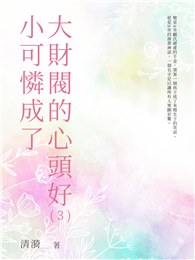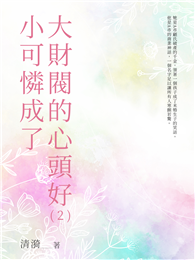Due to the aging of the population and the increasing number of older adults pursuing foreign language courses, a greater understanding of the ways in which older adults learn foreign languages is long overdue. This book offers a pioneering contribution to the literature on foreign language education for older adults (aged 60 and over), termed foreign geragogy. It details an empirical, multidisciplinary study on Japanese older learners of Spanish and focuses on the influence of learning experiences on vocabulary learning strategy use. It provides a theoretical discussion about the influence of experience on the learning process of older adults and taps into the constraints that preconceptions impose on learners, researchers, instructors and administrators. It offers a set of practical recommendations for the development and adjustment of foreign language activities for elderly individuals and introduces the notion of ‘learner re-training’, an instructional mechanism that contributes to older learners’ self-acknowledgment and autonomy development in foreign language learning. The book will be of interest to teachers and trainee teachers of foreign languages to older adults, education professionals and researchers in the field of foreign language learning in general.
| FindBook |
|
有 1 項符合
Danya Ramírez的圖書 |
 |
$ 8397 | Language Teaching and the Older Adult: The Significance of Experience
作者:Danya Ramírez,Gómez 出版社:Multilingual Matters Ltd 出版日期:2016-09-15 語言:英文 規格:精裝 / 16.5 x 24.1 x 1.9 cm / 普通級  看圖書介紹 看圖書介紹
|
|
|
圖書介紹 - 資料來源:博客來 評分:
圖書名稱:Language Teaching and the Older Adult: The Significance of Experience
|
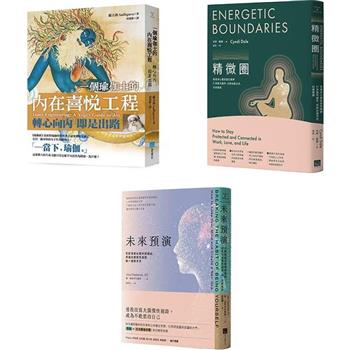

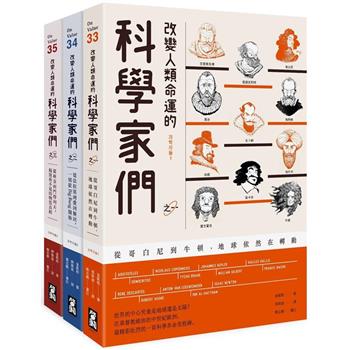
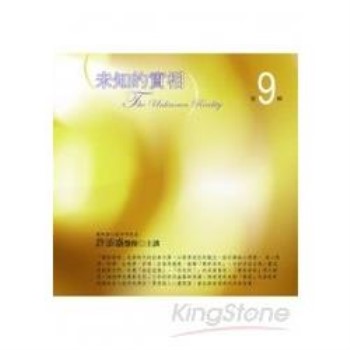

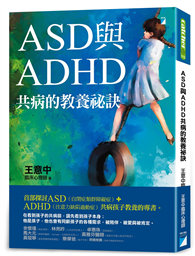
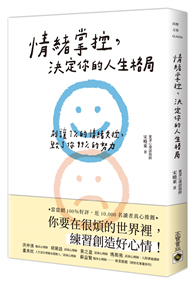
![塔木德:猶太人的致富聖經[修訂版]:1000多年來帶領猶太人快速累積財富的神祕經典 塔木德:猶太人的致富聖經[修訂版]:1000多年來帶領猶太人快速累積財富的神祕經典](https://media.taaze.tw/showLargeImage.html?sc=11100697818)
